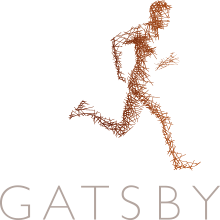Support For Industry Placement Mentors
12. Concluding and reflecting
Every mentoring relationship concludes at some point. It should end well if possible, and part of drawing it to a productive close is looking back and reflecting on what’s happened since the start.

